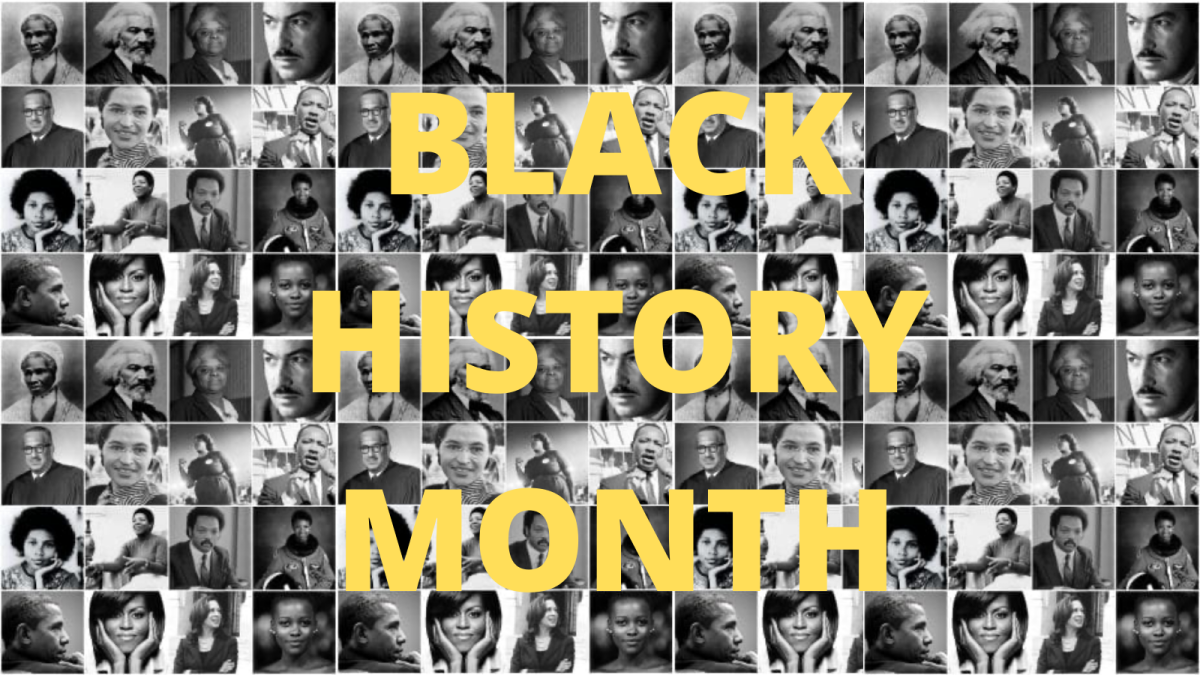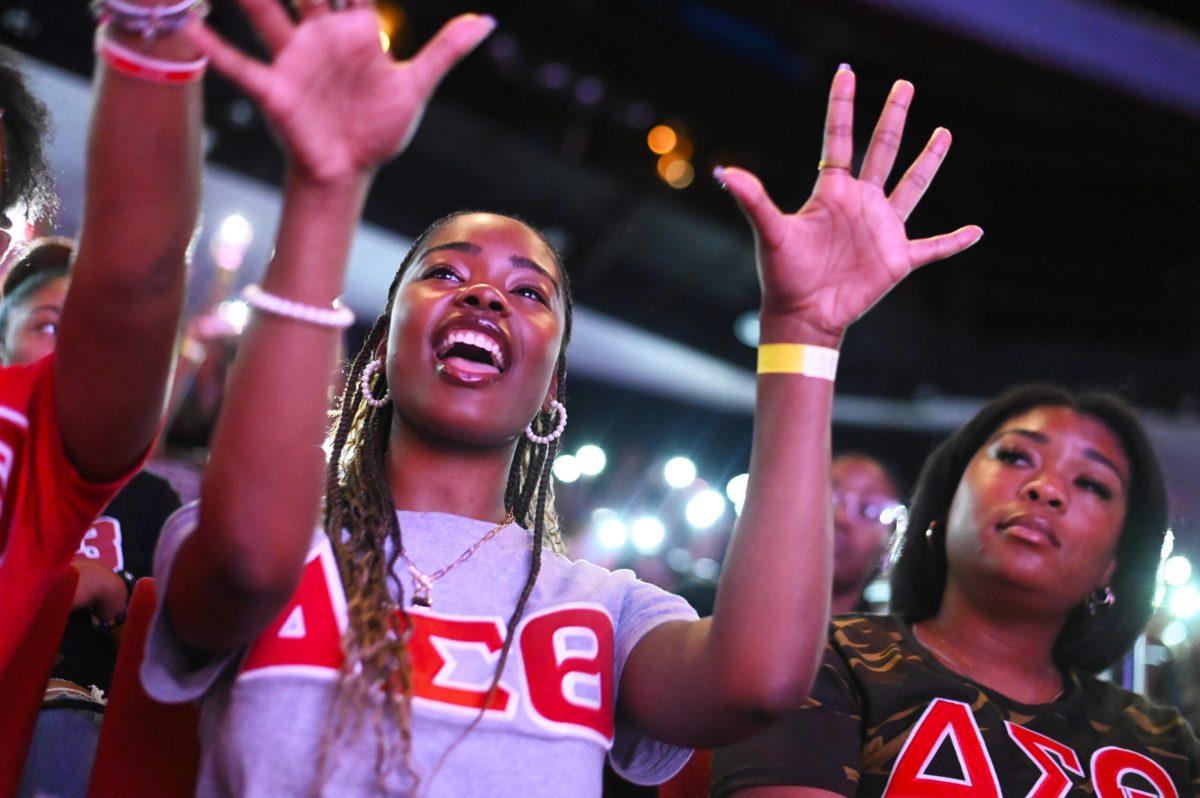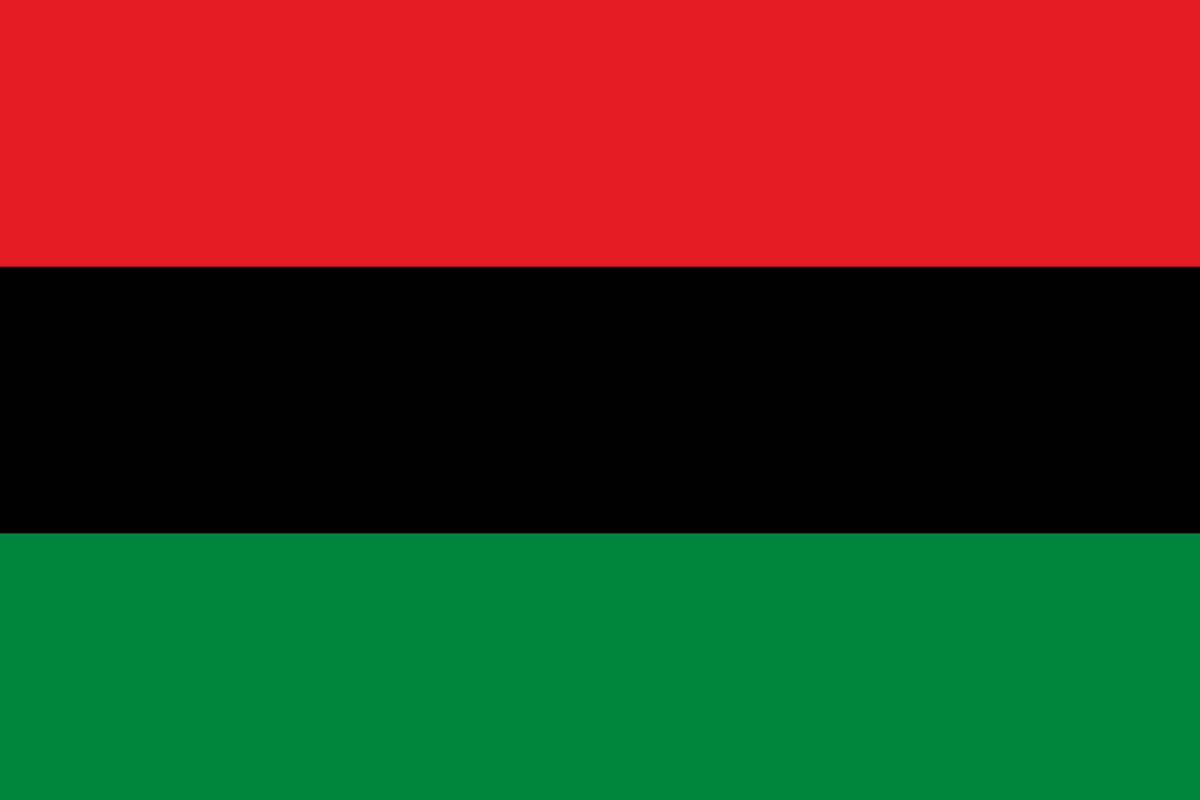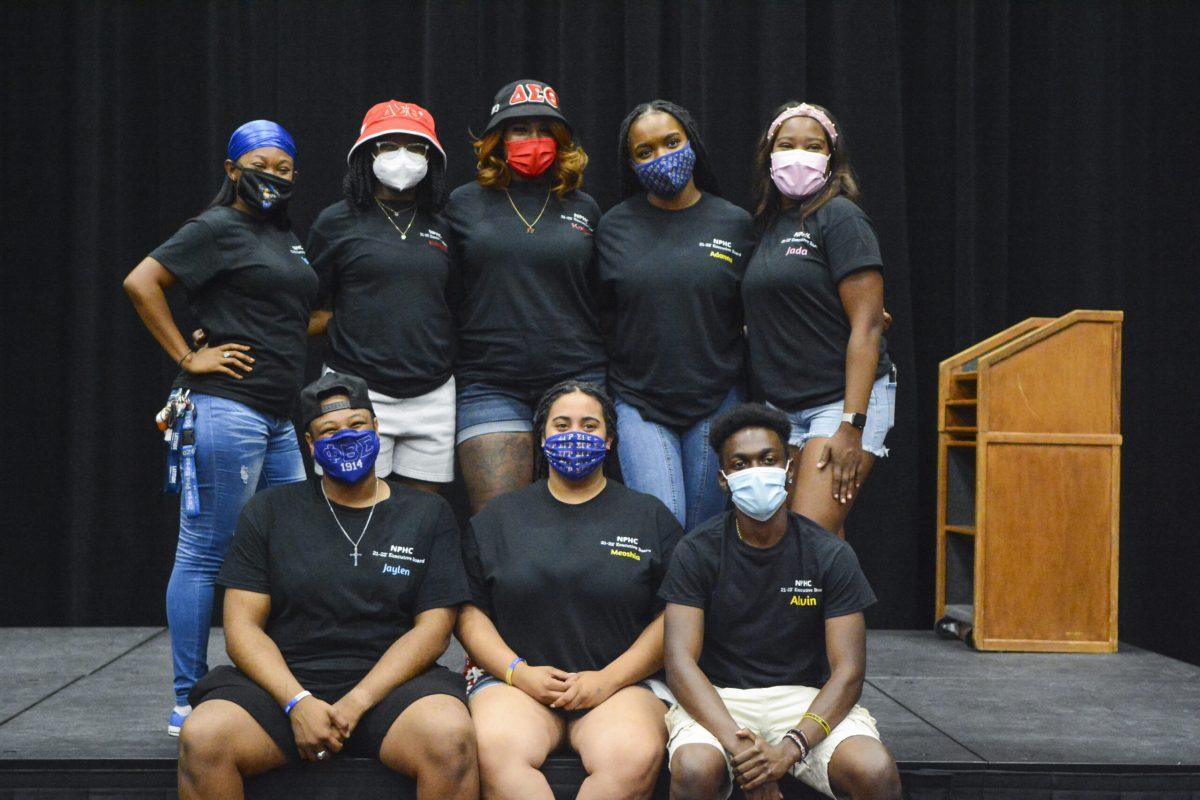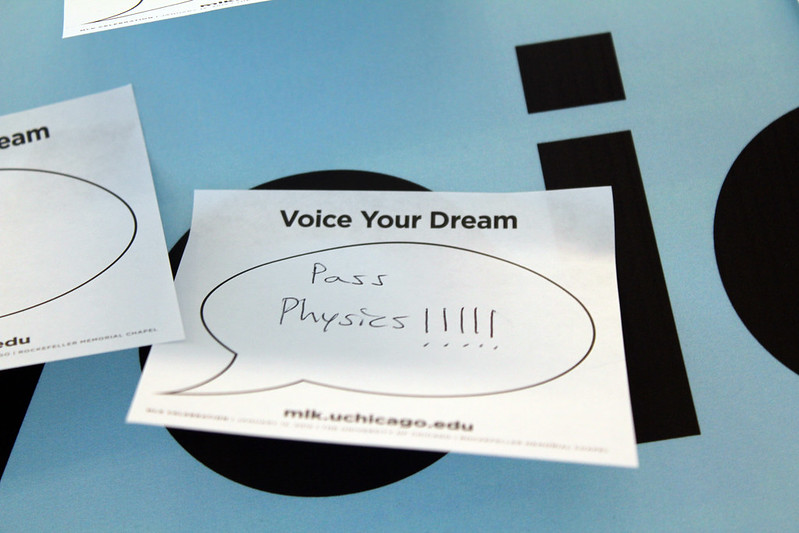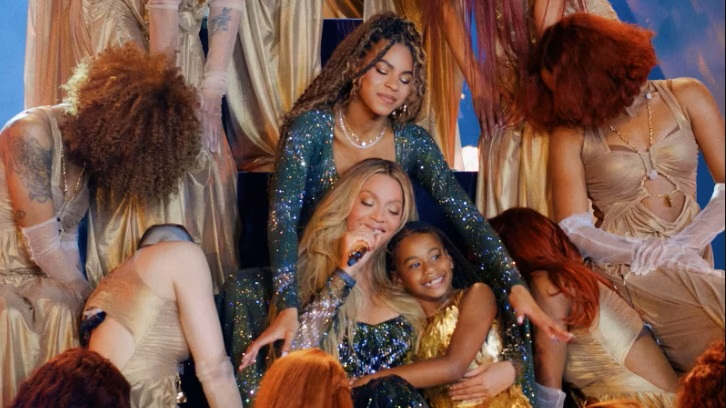Elikem Dodor | Editor-In-Chief
Ugonna Ezuma-Igwe| Managing Editor
Black history is made up of the lived experiences, accomplishments, and other various things of Black people around the world. As Black History Month comes to a close, here are 28 pieces of Black history that you may not have known. These pieces are simply a starting point, a small part of a large puzzle. Continue to do your research, find more pieces, and celebrate Black lives, Black creations and innovations, Black joy, and Black people year-round.
- Black History Month is celebrated in February due to Carter G. Woodson, historian, author, journalist, and the founder of the Association for the Study of African American Life and History. He chose February so that it would coincide with the birthdays of Abraham Lincoln and Frederick Douglass, two men he believed played a prominent role in eliminating slavery. Black History Month originally started as Negro History Week, a singular week in February.
- Nubian Message was founded as a response to racially-based stories calling Black students “Ku Klux Blacks” and “a bunch of terrorists” and the lack of Black perspectives in Technician — the only campus newspaper during that time. Even though Nubian Message published its first issue on November 30, 1992, it wasn’t officially recognized as a permanent member of NC State Student Media to receive funding and advisory support until March 1994.
- Inoculation or vaccination was introduced to America by Onesimus, an enslaved person. Onesimus told Cotton Mather, a Puritan church minister, about the centuries-old tradition of inoculation practiced in continental Africa. Considered extremely dangerous at the time, Cotton Mather convinced Dr. Zabdiel Boylston to experiment with the procedure when a smallpox epidemic hit Boston in 1721 and over 240 people were inoculated. Onesimus’ inoculation methods helped American soldiers during the Revolutionary War and introduced the concept of inoculation to the United States.
- Ida B. Wells, a renowned investigative journalist, educator, and early leader in the civil rights movement, refused to give up her railcar seat to a white man in 1884 and then bit a conductor on the hand when he tried to force her to move and dragged her off the train. She later sued the Chesapeake & Ohio Railroad Company and won but the decision was later overturned.
- The most Grammy Awards won in one night by a male is held by Michael Jackson. Michael Jackson won 8 Grammys in 1984. He won Record of the Year, Album of the Year, Best Male Pop Vocal Performance, Best Engineered Recording, Producer of the Year (non-classical), Best Male R&B Vocal Performance, Best Rhythm & Blues Song, and Best Male Rock Vocal Performance.
- Georgiana Rose Simpson was the first African-American woman to receive a Ph.D. in the United States in 1921. She received her Ph.D. in German and completed her dissertation, Herder’s Conception of “Das Volk”, from the University Of Chicago at the age of 55. Simpson returned to her native Washington, D.C. to teach as most universities rarely hired black women to teach anything other than home economics courses at the time.
- Toni Morrison was the first Black woman to receive a Nobel peace prize. She won the Nobel Peace award in Literature in 1993. Morrison was an American novelist, essayist, book editor, and college professor. The critically acclaimed novels Song of Solomon, Beloved and The Bluest Eyes are some of Toni Morrison’s most notable works.
- As of February 2021, Jackée Harry is the first and only African-American to win an Emmy Award for the category Outstanding Supporting Actress in a Comedy Series. Harry won in 1987 for her role of Sandra Clark in the television series 227.
- Rebecca Lee Crumpler was the first African American woman to receive her M.D in the United States. She received her M.D in 1864 from the New England Female Medical College. At the time, only 300 of the 54,543 physicians in the U.S. were women, and none of them were Black. After helping during the American Civil War, Crumpler worked for the Freedmen’s Bureau providing medical care to the many freed slaves who were denied care by white physicians.
- Aretha Franklin became the first woman inducted into the Rock & Roll Hall of Fame on January 3rd, 1987. Aretha Franklin was an American singer, songwriter, actress, pianist, and civil rights activist. Some of her award-winning hits include, “Respect,” “Freeway of Love” and “I Say a Little Prayer for You”.
- Josephine Baker was a spy for the French during WWII. After marrying a Frenchman, Jean Lion, and leaving the US due to overt racism, Baker renounced her US citizenship and moved to Paris, France. During the 1940s, Baker would travel across Europe for various performances with concealed messages in her costumes or sheet music for other Allied spies.
- Anna Pauli Murray was the first African-American woman to be ordained as an Episcopal priest, during the first year that any woman was ordained by the church. Murray was raised in Durham, North Carolina and was rejected by UNC due to her race in 1938. She eventually went on to graduate top of her class from Howard University School of Law in 1944 and in 1946 became the first African-American in the state’s attorney general’s office as California’s deputy attorney general.
- Billie Holiday’s “Strange Fruit” was originally a poem written by a Jewish schoolteacher from the Bronx, Abel Meeropol. The poem was written as a protest poem to expose American racism. Meeropol had set the poem to music and sang it with his wife and singer Laura Duncan at various New York Venues.
- The 6888th Central Postal Directory Battalion was an all-Black, all-woman unit of the US Army that delivered mail to WWII troops across England. The battalion was self-contained, they managed their own mess halls, motor pools, and supply rooms, had their own public affairs officer, and newsletter. They were not attached to any male unit.
- Allensworth, California was the first all-Black township in California. The township was founded by Colonel Allen Allensworth in 1908 along with a group of other Black men with the intention of allowing African-Americans to live free of racial prejudice. The town ran mostly off of agricultural business but had various small businesses and a school district. During its peak during the 1920s, there were around 300 residents. Severe drought and arsenic in the water supply led to a loss of residents. In 1976, the town became a historic state park, you can visit it daily between 9 am and sunset.
- The first African-American to win an Olympic gold medal and represent the US in an international sporting competition was John Baxter Taylor. He grew up in Philadelphia where he became a member of his high school’s track team. Taylor was the only African-American member of his high school’s track team. He then continued to attend the Wharton School of Finance at the University of Pennsylvania and joined their track team. By the end of his career, he earned 45 cups and 70 medals.
- Langston Hughes’ great-uncle, John Mercer Langston was the first Black man to be admitted to the Ohio bar and eventually became the first Black lawyer in the state of Ohio in 1845. Langston was also the first African-American to be elected to a local office, winning the office of Clerk of Brownhelm Township on April 2, 1855. Throughout his life, he was actively involved in the antislavery movement and assisted with the Underground Railroad.
- Harriet Tubman was the first woman to lead a US military operation. Tubman acted under the command of Union Colonel James Montgomery to lead an operation to rescue enslaved people in the Combahee Ferry Raid during the Civil War. The operation led to her fame and eventually led to a Black feminist group to take the name Combahee River Collective in Tubman’s honor.
- The inventor of the three-way traffic signal and gas mask, Garrett Morgan, was the first African-American to own a car in Cleveland, Ohio. He also invented and patented the first chemical hair straightener, started a sewing equipment repair business, and established Cleveland Call, a newspaper.
- Phillis Wheatley was the first African-American and one of the first women to publish a book of poetry, Poems on Various Subjects, Religious and Moral, in the US colonies. Wheatley wrote her first published poem, Newport Mercury, around 13 years old.
- Lucy Staton was the first Black woman in America to earn a four-year degree, graduating from Oberlin College in 1850. During her time at Oberlin, she was president of the Oberlin Ladies Literary Society and delivered the graduation speech titled “A Plea For The Oppressed.”Staton continued to teach at a Black school in Columbus and became an officer in the Woman’s Relief Corps and much more.
- The Bill Pickett Invitational Rodeo is the only Black touring rodeo in the world. Founded in 1984, The Bill Pickett Invitational Rodeo honors and celebrates Black Cowboys and Cowgirls and their contribution to building the west. They also serve as a cultural event opportunity and highlight stories behind rodeo culture.
- The first successful open-heart surgery performed on a human was done in the summer of 1893 by a Black surgeon named Dr. Daniel Hale Williams at the Provident hospital. The operation was done without X-rays, antibiotics, surgical prep-work, or tools of modern surgery. He also founded the Provident Hospital which was the first non-segregated hospital in the United States and also founded an associated nursing school for African Americans.
- Otis Boykin was an American inventor and engineer. Boykin patented as many as 26 devices. His inventions include electrical resistors used in computing, missile guidance, IBM computers and pacemakers. His most famous invention was the control unit for the artificial cardiac pacemaker. Boykin resistor (an electric circuit element) is now commonly used in radios, computers, and television sets.
- Frank Wills, a security guard, played a major role in foiling the June 17, 1972 break-in at the Democratic National Committee inside the Watergate complex in Washington, D.C. Wills called the police after discovering that the locks at the complex had been tampered with. The five men arrested for the break-in had ties to President Richard Nixon’s reelection campaign and Wills discovery ultimately led to President Nixon’s resignation.
- Col. Guion S. Bluford Jr. is an aerospace engineer, retired U.S. Air Force officer and fighter pilot, and former NASA astronaut who was the first African American and the second person of African descent to go to space. He has flown missions on STS–8, STS 61–A, STS–39, and STS–53. He was highly educated and earned a Master of Science degree in Aerospace Engineering, a Doctor of Philosophy degree in Aerospace Engineering with a minor in Laser Physics and a Master of Business Administration degree.
- Jane Bolin lived a life full of firsts. She was the first Black woman to graduate from Yale Law School, the first to join the New York City Bar Association and the first to join the New York City Law Department. She became the nation’s first Black woman judge when she was sworn into the bench of the New York City Domestic Relations Court in 1939. For twenty years she would be the only Black female judge in the country.
- Alice Dunnigan was the first African-American female correspondent to receive White House credentials, and she was the first Black female member of the Senate and House of Representatives’ press galleries. She went three years without President Dwight D. Eisenhower calling on her for a single question. She was finally asked a question when JFK called on her only eight minutes into his first conference. She was an African-American journalist, civil rights activist and author.

